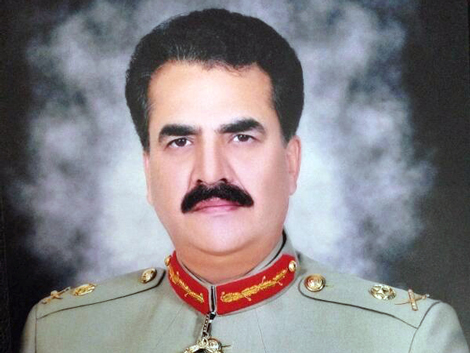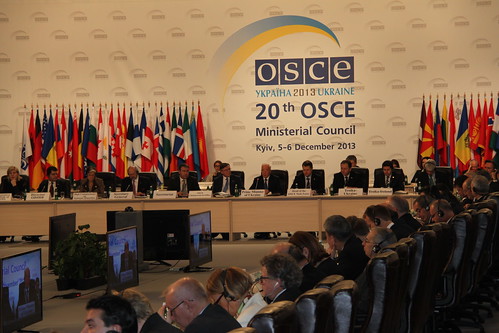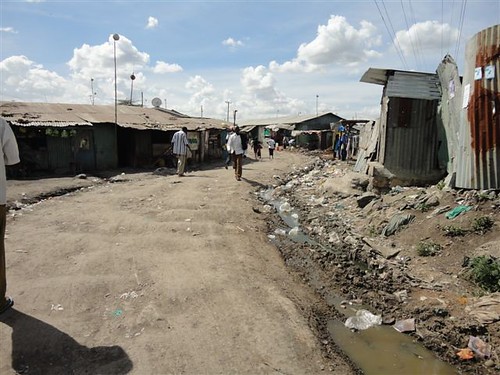
LAHORE – Pakistani institutions are evolving rapidly. With executive authority increasingly in the hands of elected representatives, rather than dispersed among various competing institutions, the political establishment has been revitalized – and it has taken three important steps toward strengthening democracy and the rule of law. Is Pakistan, a country long prone to military coups, finally developing a well-functioning political system?
On November 27, Pakistani President Mamnoon Hussain – acting on the prime minister’s advice, as the constitution dictates – announced that General Raheel Sharif would succeed General Ashfaq Parvez Kayani as Chief of Army Staff, even though Sharif was not among the military establishment’s favored candidates. Unlike Kayani – who has directed the Directorate-General of Military Operations and the Inter-Services Intelligence (Pakistan’s spy agency) – Sharif has not served in any of the positions that typically prepare someone to lead Pakistan’s best-funded and most influential institution.




